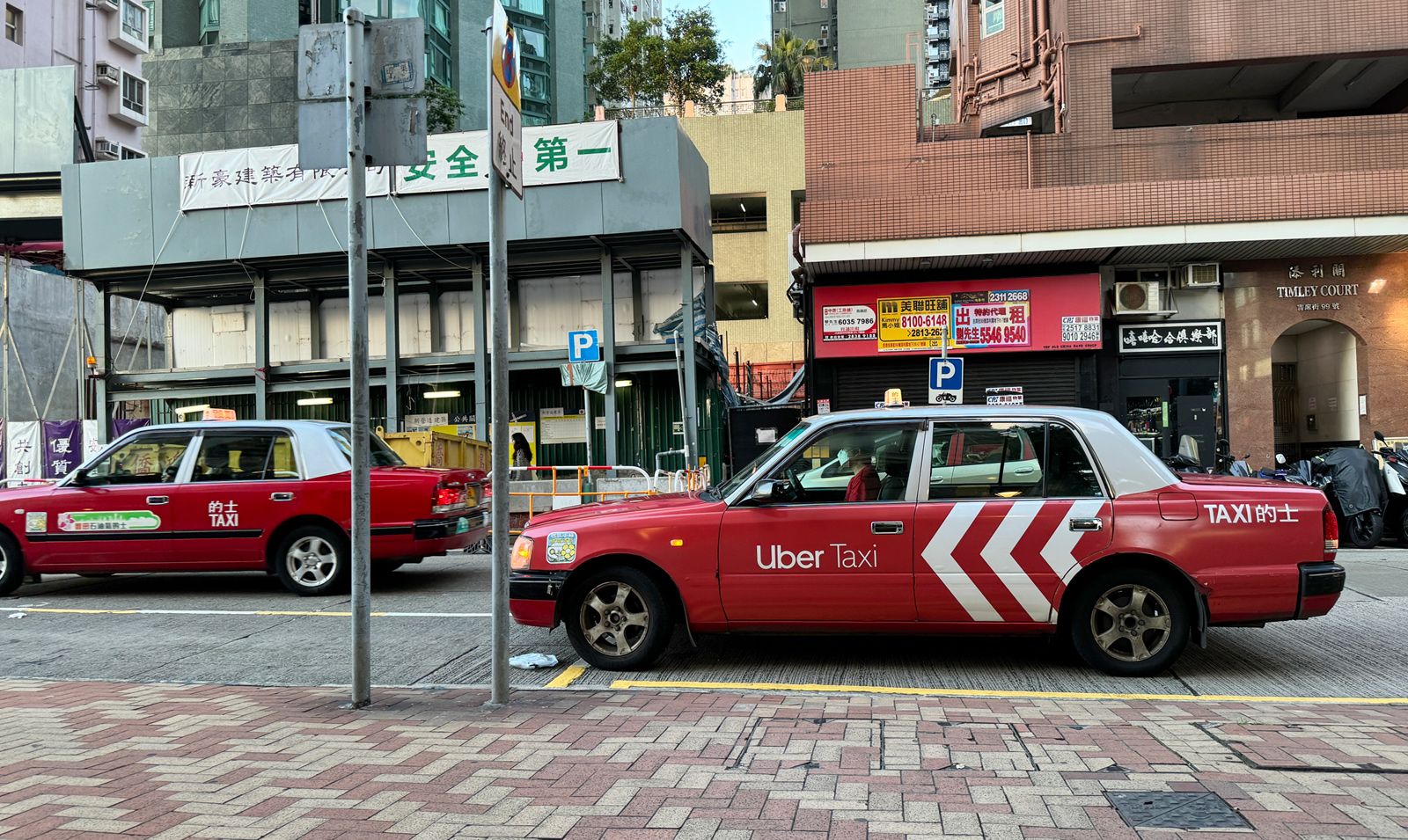
The Hong Kong Special Administrative Region is taking action to address the regulatory gap for ride-hailing service providers, aiming to file a legislative proposal by 2025 covering licensing requirements, vehicle categories, and quota availability.
Secretary for Transport and Logistics Lam Sai-hung announced this step at a Legislative Council meeting on Friday, following the publication on Monday of the transportation bureau paper that suggested tougher penalties for illegal ride-hailing operations.
The current regulations in Hong Kong require all drivers charging a fare to hold either a valid taxi license or a hire-car permit to operate legally. However, the number of hire-car permits available for ride-hailing services far outweighs the number of drivers registered with ride-hailing platforms.
READ MORE: HK cabbies face mounting misconduct complaints
The latest paper still lacks concrete suggestions concerning regulations, creating doubts about the potential introduction of new categories other than taxis, how to allocate licenses, and the number of licenses that will be granted if such categories are approved.
The policy is to encourage taxi companies to switch to the online ride-hailing business model. ... Many taxi drivers don't belong to or are not employees of a company, so there is no corporate management.
Regina Ip Lau Suk-yee, Convenor, Executive Council
To address these concerns, the transportation bureau will conduct a survey later this year to evaluate the overall supply and demand for point-to-point transportation services, and to investigate the public need for different types of such services, Lam said. A progress review is scheduled for six months after the survey begins, with the survey expected to be completed within a year.
A major point of contention is whether the government will allow cars without hire-car permits or taxi licenses to operate.
Lam said the authorities plan to issue no more than five licenses this month under the newly introduced Taxi Fleet Licence program, which has received 15 applications.
To address longstanding complaints about poor service quality, the new licensing mechanism requires every taxi to provide ride-hailing services and digital payment methods.
Regina Ip Lau Suk-yee, convenor of the Executive Council and a lawmaker, said in an interview: “The drivers will have to take exams and make sure that licenses are issued properly.”
“The policy is to encourage taxi companies to switch to the online ride-hailing business model. ... Many taxi drivers don't belong to or are not employees of a company, so there is no corporate management,” she added.
Ip said that under the fleet management system, companies will be responsible for oversight of their vehicles, and for ensuring that both the cars and drivers are appropriately licensed in accordance with the regulations.
The Hong Kong Competition Commission said, “The authorities must consider a wide range of factors and the potential impact on various stakeholders when introducing new policies.”
ALSO READ: CE advises cabbies against sting ops on Uber drivers
The commission noted that competitive markets have a better regulatory capacity to meet consumer demand. Therefore, any policies related to consumer interests should maximize the use of market forces to encourage the industry to provide the highest-quality services at the best price, ultimately benefiting consumers.
Hong Kong has seen a growing demand for online booking services. Uber, a pioneer in the city's ride-hailing market, disclosed in June that the number of passengers served by its platform in Hong Kong has surged to 3.6 million over the past 10 years.
Contact the writer at tianyuanzhang@chinadailyhk.com


